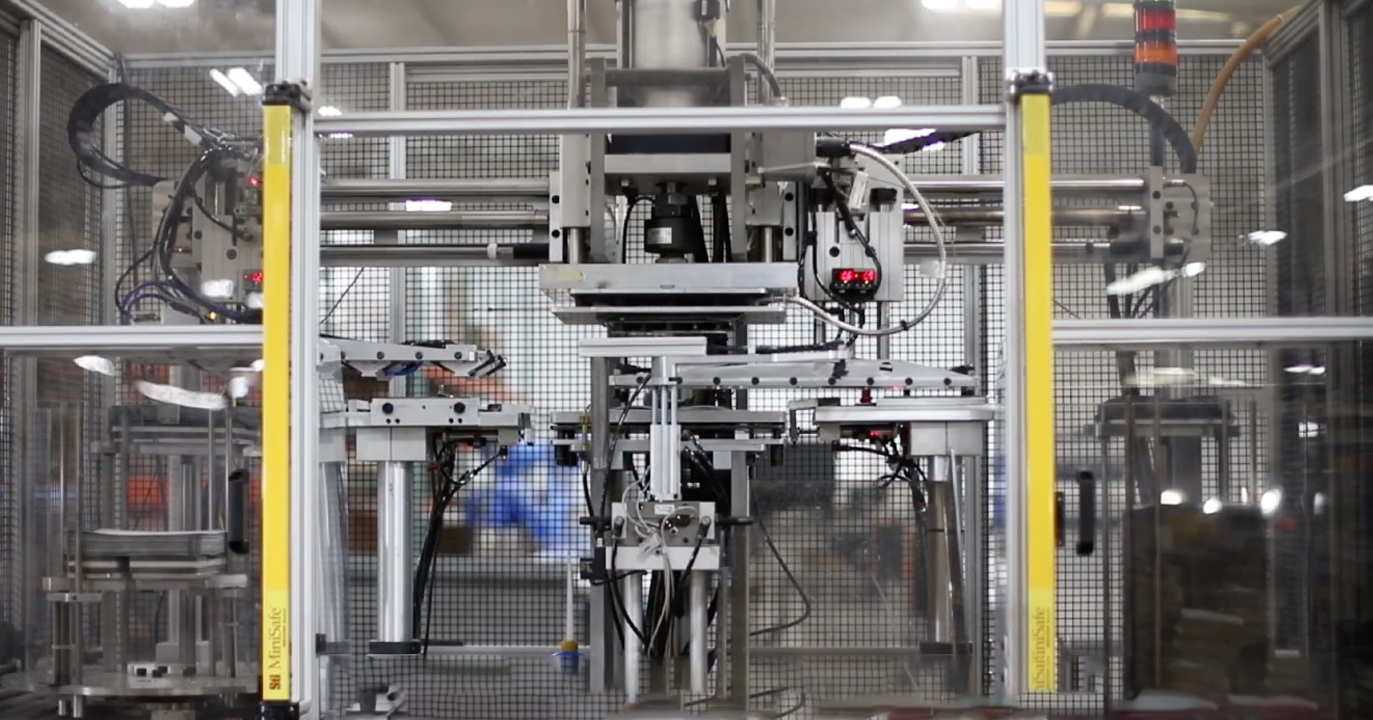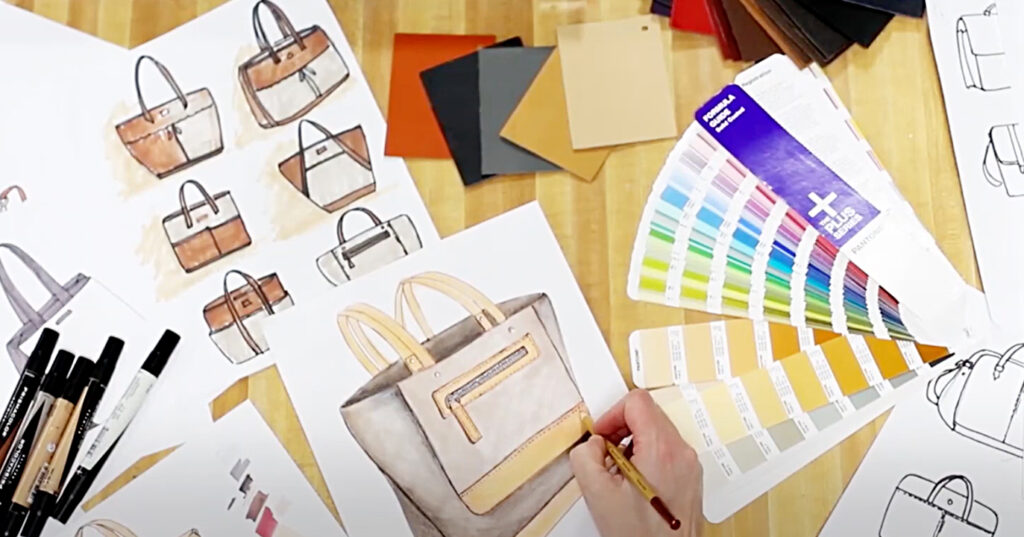
Working with an experienced contract manufacturing partner is the first step to bringing your product concept to life. Experienced soft goods production partners like Eric Scott believe in a collaborative approach that combines our expertise with your vision.
With that in mind, it’s vital to familiarize yourself with essential manufacturing terms so you can more effectively participate in production design and manufacturing. This guide outlines essential manufacturing terms and industry jargon you need to know. Each phrase is categorized within the appropriate phase of the manufacturing process.
What is Contract Manufacturing?
Contract manufacturing, also known as white label or private label manufacturing, occurs when a company outsources the production of a product or component to a third-party manufacturer. The third-party manufacturer, or contract manufacturer, may participate in some or all of the production and delivery process. Eric Scott will partner with you through the entire process from discovery to delivery.
Contract manufacturing offers multiple advantages, including cost savings, scalability, and the ability to focus on core business functions.
Continue reading to discover key manufacturing terms essential for crafting the ideal product.
Discovery
In the early stages of your project, it’s important to understand the different types of manufacturing partnerships that are available.
Original Equipment Manufacturer (OEM)
A company that produces goods for branding and resale by another firm.
Original Design Manufacturer (ODM)
A manufacturer that designs and produces products sold under another brand’s name.
Private Label
Products are manufactured by one company but branded and sold under another company’s name.
White Label
Similar to private label, but the same generic product may be sold under multiple brands.

Design
As you move into the design phase, your contract manufacturing partner will implement certain methodologies to ensure that products are optimized for production.
Design for Manufacturing (DFM)
A design approach that simplifies products to make them easier and cheaper to manufacture at scale. Key elements of DFM include:
- Simplification: Reducing the number of parts in a product to cut costs and expedite assembly
- Material Selection: Choosing materials that are cost-effective, readily available, and compatible with manufacturing processes
- Tolerance Optimization: Ensuring that dimensions and tolerances are achievable with available manufacturing techniques
- Assembly Efficiency: Designing components that fit together easily during assembly
- Process Compatibility: Makes the design compatible with the manufacturer’s existing processes and workflows
DFM aims to make your product simpler and more affordable while reducing the risk of production delays or errors.
Computer-Aided Design (CAD)
A core function of the design process using software to create a digital 3D model of product(s) before manufacturing begins. CAD is used to create 3D models from product specifications to aid in visualization and to ensure accuracy. CAD allows designers to visualize how a product will be constructed before it is made.
Development
The development phase addresses planning and procurement, as well as tooling. Relevant manufacturing terms include:
Bill of Materials (BOM)
A detailed list of all components and materials required to produce a product.
Minimum Order Quantity (MOQ)
The smallest quantity of goods a manufacturer is willing to produce in a single order.
Request for Quote (RFQ)
A document used to solicit price quotes from prospective manufacturers or suppliers.
Tooling
Tooling involves creating specialized equipment for manufacturing. Your contract manufacturer may need to create fixtures, dies, or jigs. They may also need to retrofit or modify existing machinery.
Prototype Review
Manufacturers will typically create a prototype of a design before mass-producing the product. You’ll have an opportunity to examine and handle the prototype so you can identify any potential issues.
While it isn’t unusual to have multiple rounds of prototype review, a thorough design and planning process can streamline this phase of manufacturing.
Prototyping
The process of creating a sample product to test the design, material selection, and functionality before mass production.
Sampling
Producing a limited number of units for evaluation before mass production.
Pre-Production Product Review
Prior to full-scale manufacturing, your production partner will perform a thorough review and quality check to maintain standards.
Pre-Production Sample (PPS)
A PPS is a sample produced before mass manufacturing begins. The PPS uses the actual materials and processes intended for the final product.
Quality Control (QC)
A systematic process for ensuring that products meet specific quality standards before shipping. QC checks are also performed after bulk manufacturing.
Manufacturing
Regarding the manufacturing stage, it’s important to understand production timelines and strategies.
Lead Time
The time from when an order is placed to when it’s delivered.
Vertical Integration
A business model in which a company controls multiple stages of production, from raw materials to finished goods.
Delivery
Delivery is the final step in contract production, during which the client receives the finished goods.
Dropshipping
A business model where manufacturers ship directly to customers on behalf of a retailer, eliminating the need for warehousing.
Master These Manufacturing Terms and Team Up With Eric Scott
Now that you’ve learned some key manufacturing terms, it’s time to team up with a production partner who can bring your vision to life. Eric Scott manufactures high-quality soft goods that are built to last. Contact our team to discuss the idea you have for your next product.
